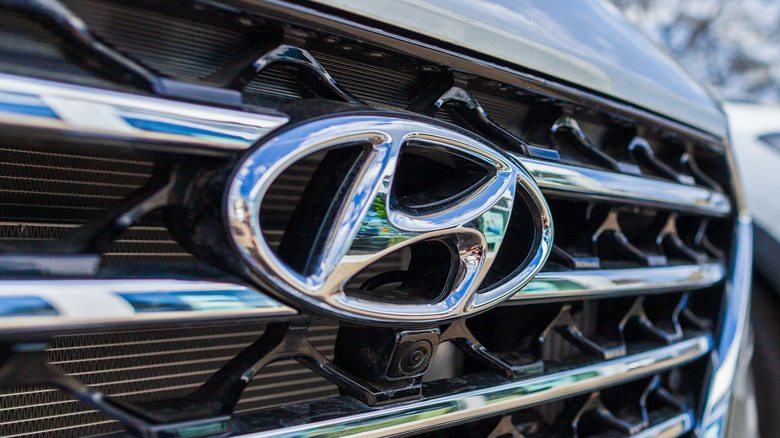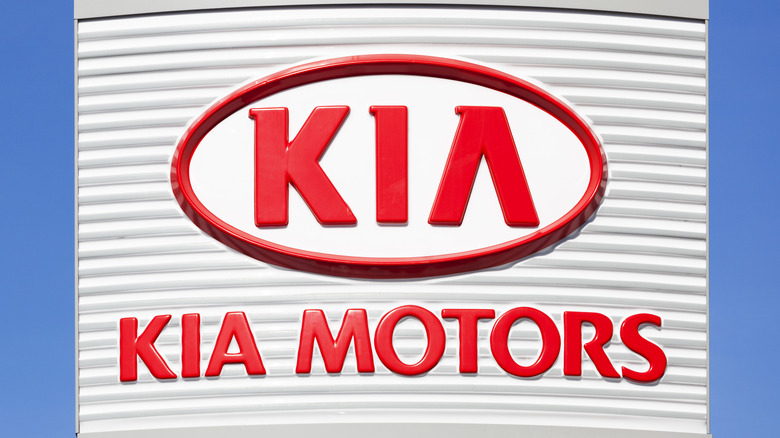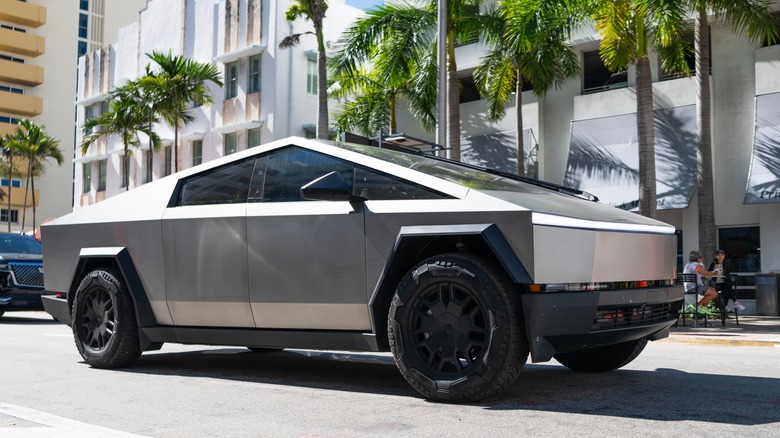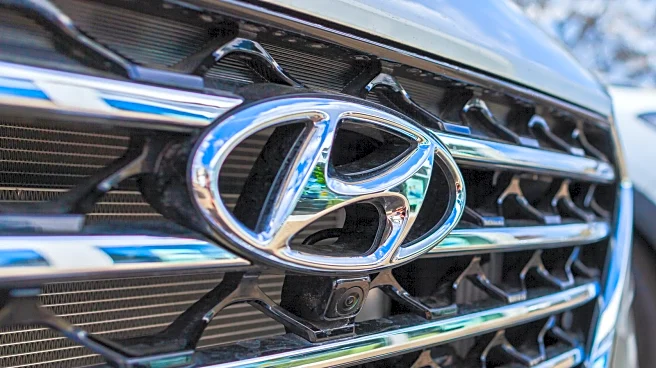
Hyundai and Kia have an unfortunate history of vehicles that are less than reliable, easily stolen, and can even catch fire. In fact, since 2010, there have been, at minimum, more than 3,100 Hyundai and Kia models
that caught fire, resulting in over 100 injuries and at least one death. Beyond the vehicles that actually caught fire, Consumer Reports stated that as of March 8, 2024, there have been more than 10 million vehicles under the Kia, Hyundai, and Genesis corporate umbrella that have been recalled for fire issues over the past 12 years.
In 2023, the National Highway Traffic Safety Administration (NHTSA) issued two individual recalls for both Hyundai and Kia. The Hyundai recall applied to 44 vehicles built between 2011 and 2015, including popular models such as the Tucson and Elantra. In total, more than 1.6 million Hyundai models were recalled. The issue with these Hyundai vehicles is their anti-lock brake systems, which may leak brake fluid that can lead to an electrical short. That short can cause a fire to start in the engine bay while parked or driving. Hyundai stated that, in order to help rectify the situation, owners should bring their affected vehicles to a Hyundai dealership. There, dealers will replace the fuses in the anti-lock brake system free of charge. The Hyundai number for this recall is 251, and owners are able to contact Hyundai via their customer service line for more information.
Unfortunately, even now there are recalls for modern Hyundai vehicles. 620 models of the 2025 Hyundai Palisade were recalled for a faulty electronic oil pump.
Read more: 5 Cars GM Never Should Have Discontinued
What Caused The Kia Fire Recall?

The issue that caused Kia to recall 52 vehicles is similar to the Hyundai issue, with the Kia brake systems experiencing issues in their hydraulic electronic control units. The Kia recall affected popular models like the Soul, Optima, and Sorento; all models were built between 2010 and 2019. The hydraulic electronic control unit in those Kia models have the capability to experience an electrical short, which in turn can cause a fire while the vehicle is parked or in motion.
Kia mailed notices to owners of the affected models between March 29, 2024, and June 18, 2024. In those notices, Kia urged owners of the recalled vehicles to bring their Kias to the closest dealership to have their hydraulic electronic control unit fuse replaced. The Kia recall number is SC284, and owners are able to contact Kia customer service for more information. Other Kia models that are a part of the recall include select model years of the Borrego, Cadenza, Forte, Forte Koup, K900, Optima Hybrid, Rio, Rondo, and Sportage.
Even today the Kia brand is having issues with recalled vehicles. There are 137,256 Kia Seltos and Soul models built between 2021 and 2023 that have been recalled for defective piston rings. Before that, the brand recalled more than 80,000 Niro models for potential airbag issues.
Other Notable Recalls

Kia and Hyundai aren't the only brands that have seen recalls in recent memory. In May, Ford Motor Company issued a recall for more than 270,000 Ford Expedition and Lincoln Navigator models built between 2022 and 2024. The front brake lines on the large SUVs can be damaged and not work properly. Ford requests that owners bring their SUVs to dealerships to be inspected and repaired. Just two weeks after that, the brand issued another recall for more than 1 million Ford and Lincoln models with backup camera problems.
Earlier this year, Volvo announced that it was issuing a recall for 413,000 S60, S90, V60, V90, XC40, XC60, and XC80 models due to a faulty backup camera. The issue also affects the Polestar 2, which requires a software update from a dealer.
Tesla recently announced its eighth recall for the Cybertruck, stating more than 46,000 models feature a stainless-steel body panel that could separate and fly off of the truck. To remedy this, Tesla will change the type of adhesive used to keep the panel on the truck's body.
In order to stay up-to-date on recall information, take a look at the National Highway Traffic Safety Administration's recall page.
Want the latest in tech and auto trends? Subscribe to our free newsletter for the latest headlines, expert guides, and how-to tips, one email at a time.
Read the original article on SlashGear.









